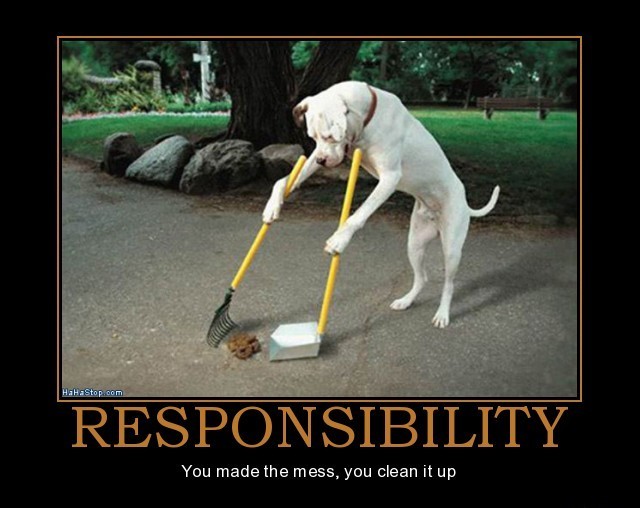 I just read an interesting story about a whiskey tasting contest which is adjudicated by a panel from the Whiskey Bible. The winner in past contests has often been a Scotch Whiskey and usually at least one brand from Scotland makes it into the top five. That was not the case this year, and at least judging by the comments, there was some consternation over this result.
I just read an interesting story about a whiskey tasting contest which is adjudicated by a panel from the Whiskey Bible. The winner in past contests has often been a Scotch Whiskey and usually at least one brand from Scotland makes it into the top five. That was not the case this year, and at least judging by the comments, there was some consternation over this result.
The winner is called Yamazaki Sherry Cask 2013 and it is from Japan. As I wrote about earlier, Japan’s Suntory recently purchased Jim Beam and there was a lot of tumult about a Japanese company owning such an iconic U.S. whiskey brand. I don’t really want to discuss why Japan is now producing some of the most delicious tasting whiskeys in the world and if this is a good thing or a bad thing. What I’d like to discuss is the nature of the comments below the article. I’d say about 80% argued that either there was bribery involved or that no one could tell if a whiskey was good or not because taste was subjective.
I can’t tell you if bribery was involved and certainly the whiskey that is ordained as the best tasting will certainly enjoy a large increase in sales. This would indicate the potential for financial shenanigans. I can tell you that while there is certainly a subjective view about what whiskey tastes good to you there is also, absolutely, a difference in the quality and taste of one whiskey over another. What is determined to be a good whiskey is objectively good. It is not a matter of personal taste preferences.
Let’s start with extremes. I have a bottle of urine and a bottle of Virgil’s Cream Soda. One is objectively better tasting than the other. That’s a fact. Subjectivists will argue that if they like the urine better that it is better. This is the argument of those who prefer a different brand of whiskey to that chosen as the best. If this argument is true, if best is a completely subjective idea, then there really is no such thing as best. I would even argue that there is no such thing as good and bad. Urine and Virgil’s Cream soda cannot be compared at all. I think this is nonsense. It is clear that one thing is better than another.
In a more nuanced argument, like the one between the Yamazaki whiskey and it’s competitors, the judging becomes more difficult. A panel of experts samples the various whiskeys based on certain criteria and they vote. The votes are tallied and one whiskey emerges as the best. It can certainly be argued that the panel used inaccurate judging methods. It is possible that financial incentives swayed the vote. It can even be argued that the scoring methodology was flawed. What I say cannot be argued is that this year the Yamazaki whiskey was victorious. That it is better than its competitors based on as good an objective rating system as exists. What else is there?
This same argument can be made for any food, television show, or business decision. You must weigh the various factors and make the best decision possible. If you do so then you will generally succeed in life.
It’s undeniably true that people personally prefer one brand of whiskey over another but that does not mean that particular whiskey is, in fact, better than its competitor. I reject the notion of a subjective world. This doesn’t mean I’m taking away your right to love Evan Williams over Yamazaki Sherry Cask 2013. That’s your business. I’m just telling you that the Yamazaki is better, objectively.
Tom Liberman
Sword and Sorcery Fantasy with a Libertarian Edge
Purchase The Broken Throne today!
See All my Books
